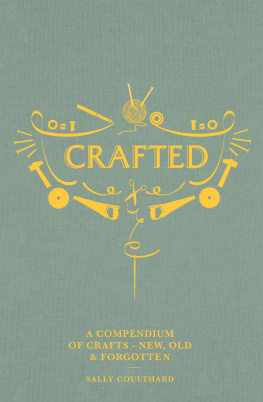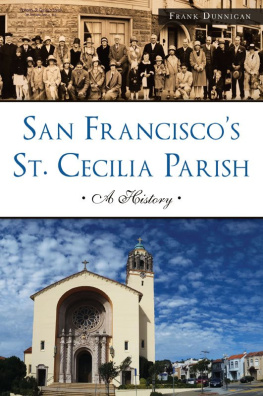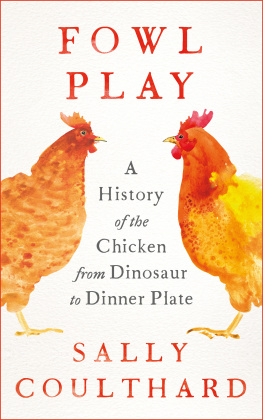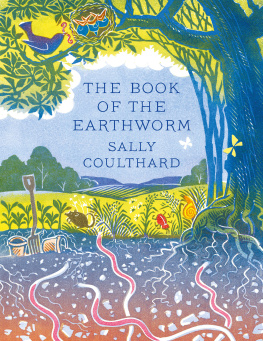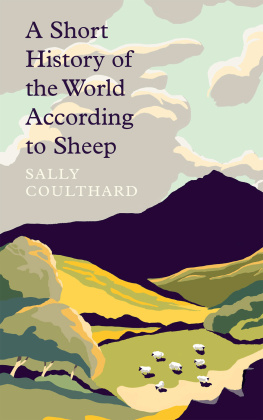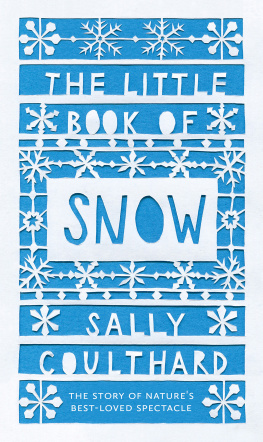H. R. Coulthard
The Story of an Ancient Parish: Breage with Germoe
With Some Account of Its Armigers, Worthies and Unworthies, Smugglers and Wreckers, Its Traditions and Superstitions
Published by Good Press, 2021
EAN 4064066205058
PREFACE.
Table of Contents
The facts and thoughts which comprise this little book were many of them, in the first instance, arranged for use in sermons on the Sundays preceding our local Feast Day, as some attempt to interest Parishioners in the story of our Church and parish.
I have to acknowledge with gratitude much information given me most ungrudgingly, from his great store of antiquarian learning, by the Reverend T. Taylor, Vicar of St. Just; likewise my thanks are due to Mr. H. Jenner for kindly help and information upon the etymology of local place names. I must also acknowledge the free use I have made of facts bearing upon the history of Breage and Germoe taken from Mr. Baring-Gould's "Historic Characters and Events in Cornwall," and at the same time I have to express my thanks to the Reverend H. J. Warner, Vicar of Yealmpton, the Reverend H. G. Burden, Vicar of Leominster, and Mr. A. E. Spender for valuable information and assistance. I have been greatly helped in my examination of the Parish Registers by the excellent transcription of large parts of them made by Mrs. Jocelyn Barnes. Finally I have to thank a great number of kind friends at Breage, who have imparted to me the fast fading traditions of other times, to whom I venture to dedicate this brief record of days that are no more.
Breage,
All Saints' Day, 1912.
| Date of Institution. | LIST OF THE VICARS OF BREAGE. |
| WILLIAM, Son of RICHARD | Died or resigned during the Interdict |
| 1219 | WILLIAM, Son of HUMPHREY |
| 1264 | Master ROBERT de la MORE | Resigned to become Canon of Glasney, ultimately parson of Yeovil. |
| 1264 | Master STEPHENUS de ARBOR |
| Sir PASCASIUS | No date of Institution. Old, blind and infirm in 1310. |
| 1313 | Sir DAVID de LYSPEIN |
| Sir JOHN YURL de TREGESOU | No date of Institution. |
| 1362 | HENRY CRETTIER |
| Sir WILLIAM PELLOUR | No date of Institution. |
| 1393 | Sir JOHN GODE | Died at Breage. |
| 1403 | Master WILLIAM PENSANS | Died at Breage. |
| 1439 | Sir JOHN PATRY | Died at Breage. |
| 1444 | Sir JOHN PEYTO | Died at Breage. |
| 1445 | Sir WILLIAM LEHE | Died at Breage. |
| 1466 | Sir WILLIAM PERS | Resigned to become Canon of Glasney. |
| 1505 | Master THOMAS GODOLPHIN | Resigned. |
| 1510 | Master JOHN JAKES , Bachelor in Decrees | Died at Breage. |
| 1536 | JOHN BERY, M.A. | Died at Breage. |
| 1558 | Sir ALEXANDER DAWE | Died at Breage. |
| 1595 | FRANCIS HARVEY, M.A. | Vicar also of St. Erth, buried in Breage Churchyard. |
| 1607 | WILLIAM COTTON, M.A. | Son of the Bishop of Exeter, resigned, holder of many other benefices in Devon and Cornwall. |
| 1608 | WILLIAM ORCHARD, "Preacher of the Word of God." | Resigned. |
| JAMES INNES (ejected 1661) | Intruding Puritan Divine. |
| 1661 | JAMES TREWINNARD, M.A. | Resigned on becoming Vicar of Mawgan, at which place he lies buried. |
| 1696 | HENRY BUTHNANCE | Died at Breage, lies buried beyond the East wall of the chancel. |
| 1720 | JAMES TREWINNARD, M.A. | Died at Breage, also Vicar of Mawgan. |
| 1722 | EDWARD COLLINS, | Died at Breage, also Vicar of St. Erth, where he lies buried. |
| 1755 | HENRY USTICKE, B.A. | Died at Breage, lies buried beyond the East wall of the chancel. |
| 1769 | EDWARD MARSHALL, M.A. | Died at Breage. |
| 1803 | RICHARD GERVEYS GRYLLS, M.A. | Resigned. |
| 1809 | RICHARD GERVEYS GRYLLS, M.A., the younger | Died at Luxulian, which parish he held in conjunction with Breage. |
| 1853 | EDWARD MORRIS PRIDMORE, M.A. | Died at Breage. |
| 1889 | JOCELYN BARNES, M.A. | Died at Breage. |
| 1904 | HARRY JOHN PETTY | Resigned. |
| 1907 | HUGH ROBERT COULTHARD, M.A. |
THE CELTIC PERIOD.
Table of Contents
CHAPTER I.
Table of Contents
t the dawn of history, Cornwall, as in fact England generally, was inhabited by a race of small, dark people, who, for the want of a better name, have come to be called Ivernians. The blood of this ancient dark race chiefly survives to-day in South Wales and Cornwall, especially in our own western Cornwall along the coast line. In Breage, there are continually to be met with faces and forms which suggest this small dark race, and which show to what a large extent the ancient Ivernian blood still survives in our midst.
The Ivernians must have been widely spread over Cornwall, judging by the numerous chippings from the manufacture of their flint implements scattered all over the County, which still may be collected in large quantities. In spite of the continuous mining operations carried on all over the Parish of Breage for endless generations, and the many ploughings of the land which must have taken place in periods when the growth of grain was profitable, these flint chippings can still be gathered in many places in the parish, especially on the bare patches of land where the gorse has been burnt, before the grass begins to spring. In the earlier stages of their history the Ivernians used sharpened fragments of flint rudely fashioned to the purpose, as knives, axes and scrapers. In fact, for a long period of their history they were a people living in and under the conditions of the Stone Age.
Long before the time of written records another race, called Celts, found their way to Cornwall. This race was divided into two distinct branches, the Goidels and the Brythons. The Goidels were much inferior in culture to the Brythons; they were the first to enter Britain, and upon the arrival of the Brythons they were slaughtered and driven before them to the remote fastnesses of the West and North, just as in a later age the Brythons themselves were driven before the Saxons. Under the circumstances it might have been reasonable to conclude that the people of Cornwall, in so far as they were not Ivernians, were mainly of Goidelic blood. This conclusion is, however, not borne out by the Cornish language which has come down to us in the form of a few miracle plays and other fragments, which is undoubtedly Brythonic in character. Of course, it may have been that, when the Brythons were driven into Cornwall and Wales and across the Channel into Brittany in hordes by the remorseless, exterminating Saxons, their tongue in these regions gradually supplanted the more barbarous Goidelic speech.


